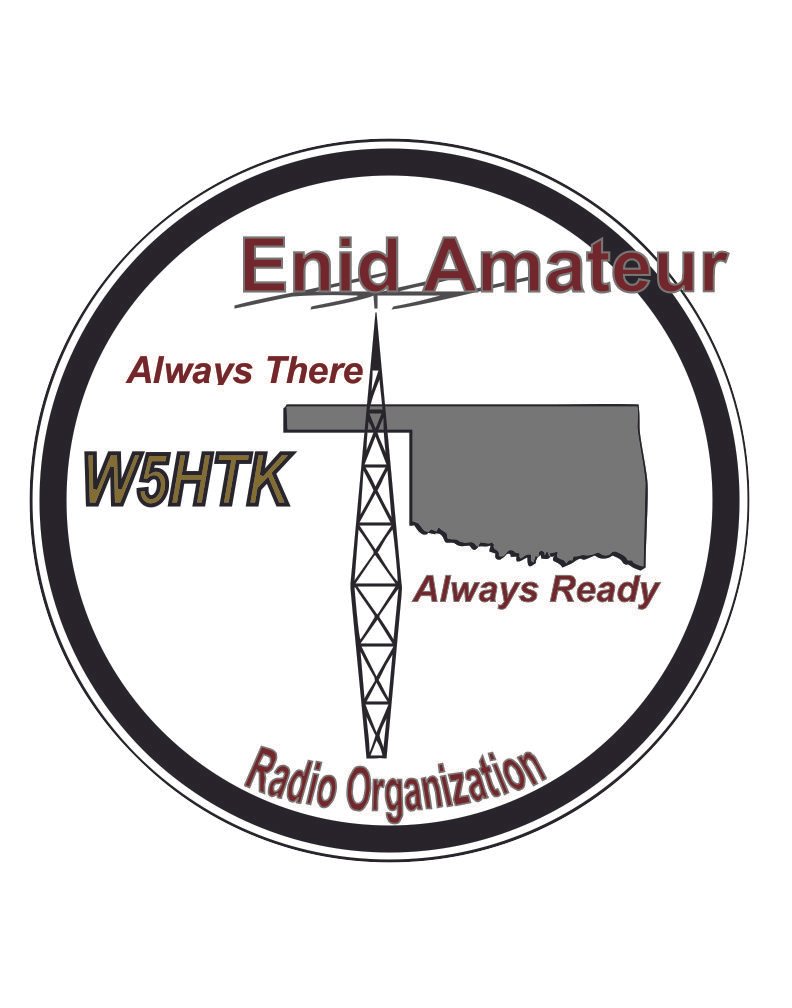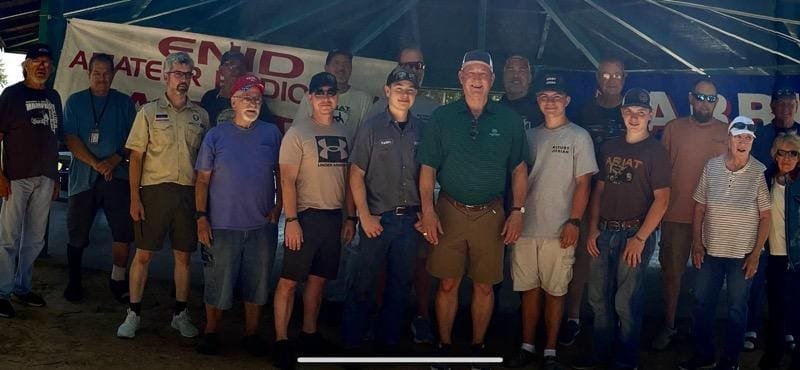By international treaty, the amateur and amateur-satellite services are for qualified persons of any age who are interested in radio technique solely with a personal aim and without pecuniary interest. In areas where the services are regulated by the Federal Communications Commission, an amateur operator must hold an FCC or Canadian license or be a foreign-licensed amateur whose country has entered into a reciprocal licensing/operating arrangement with the United States or who holds a CEPT or IARP license.
What can I do with a Ham License?
There are so many things, it's a difficult question to answer, but here are some ideas:
Talk to people in foreign countries. DX'ing is a favorite of many hams!
Talk to people (both local and far away) on your drive to work
Help in emergencies and natural disasters by providing communications.
Provide communications in parades or walkathons and other public service events.
Help other people become hams. (We call it "Elmering.")
Hook your computer to your radio and communicate "computer-to-computer." Hams use radio modems.
Collect QSL cards (cards from other hams) from all over the United States and foreign countries and receive awards.
Participate in contests or Field Day events.
Provide radio communication services to your local Civil Defense organization through ARES (the Amateur Radio Emergency Service) or RACES (Radio Amateur Civil Emergency Service) ...or even FEMA, (the Federal Emergency Management Agency.)
Aid members of the U.S. military by joining the Army, Air Force or Navy/Marine MARS (Military Affiliate Radio System). See our Links section
Participate in transmitter hunt games and maybe build your own direction-finding equipment.
Have someone to talk to on those sleepless nights at home.
Receive weather pictures via satellites.
Build radios, antennas, learn some electronics and radio theory.
Talk to astronauts in space, or use the moon to bounce signals back to people on the Earth.
Experiment with Amateur TV (ATV), Slow-Scan TV (SSTV), or send still-frame pictures by facsimile.
Lash your ham radio to the public telephone system and call your friends toll free. (Auto patching)
Communicate through orbiting satellites. (There are many in ham satellites in orbit that are owned and operated by the amateur community! And you can use them without any cost whatsoever!)
...and this is only the beginning! You are limited only by your imagination and ingenuity.
Why should I get licensed?
Before you can get on the air, you need to be licensed and know the rules to operate legally. US licenses are good for 10 years before renewal and anyone may hold one except a representative of a foreign government. In the US there are three license classes—Technician, General and Extra.
Technician License
The Technician class license is the entry-level license of choice for most new ham radio operators. To earn the Technician license requires passing one examination totaling 35 questions on radio theory, regulations and operating practices. The license gives access to all Amateur Radio frequencies above 30 megahertz, allowing these licensees the ability to communicate locally and most often within North America. It also allows for some limited privileges on the HF (also called "short wave") bands used for international communications. Learn More
General License
The General class license grants some operating privileges on all Amateur Radio bands and all operating modes. This license opens the door to world-wide communications. Earning the General class license requires passing a 35 question examination. General class licensees must also have passed the Technician written examination. Learn More
Amateur Extra License
The Amateur Extra class license conveys all available U.S. Amateur Radio operating privileges on all bands and all modes. Earning the license is more difficult; it requires passing a thorough 50 question examination. Extra class licensees must also have passed all previous license class written examinations

